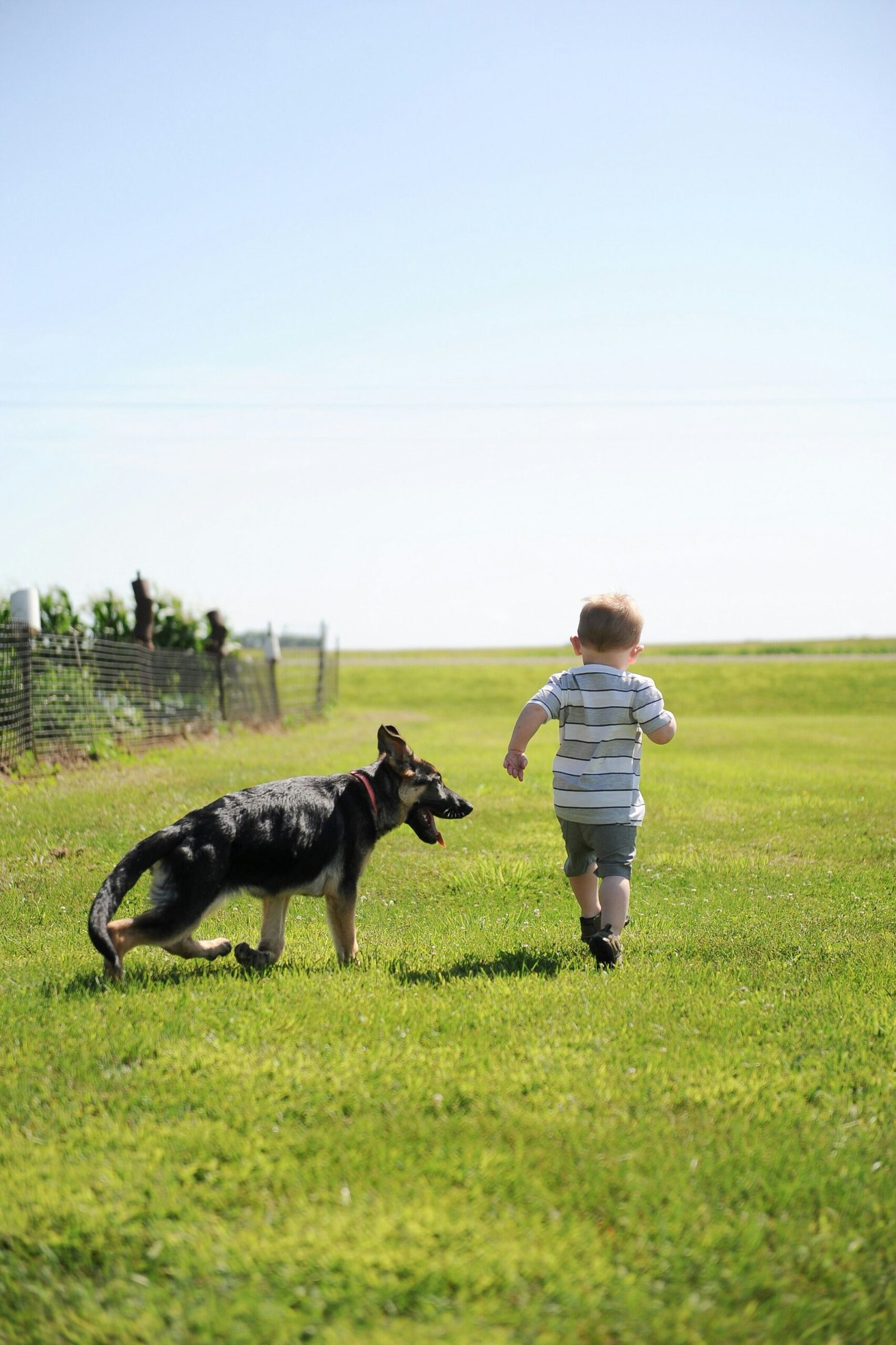Summer is a delightful season filled with long sunny days, outdoor activities, and the warmth of nature. However, for farm dogs, this season also brings an increased risk of encountering pests like fleas, ticks, and other parasites. These pests not only cause discomfort but can also lead to serious health issues for your canine companions. As a responsible pet owner, it’s crucial to implement effective preventive measures to ensure your farm dogs remain healthy and happy throughout the summer. This comprehensive guide will provide you with essential tips and strategies to protect your farm dogs from summer pests.
Understanding the Risks
Farm dogs are particularly vulnerable to pests due to their environment. They often roam freely in fields, forests, and other outdoor areas where pests are prevalent. Fleas and ticks thrive in warm, humid conditions and can easily latch onto your dog’s fur, while internal parasites like heartworms and intestinal worms can be transmitted through various means, including mosquito bites and contaminated soil.
Identifying Common Summer Pests
1. Fleas: Fleas are tiny, wingless insects that feed on your dog’s blood. They can cause severe itching, allergic reactions, and even transmit tapeworms. Signs of a flea infestation include excessive scratching, red bumps, and flea dirt (tiny black specks) in your dog’s fur.
2. Ticks: Ticks are arachnids that attach themselves to your dog’s skin and feed on their blood. They are known carriers of diseases such as Lyme disease, Rocky Mountain spotted fever, and ehrlichiosis. Symptoms of tick-borne diseases include fever, lethargy, and joint pain.
3. Mosquitoes: Mosquitoes are not only annoying but also dangerous. They can transmit heartworms, which are potentially fatal if left untreated. Mosquito bites can cause itching and irritation, and in severe cases, lead to allergic reactions.
4. Internal Parasites: Internal parasites like roundworms, hookworms, and whipworms can infect your dog through ingestion of contaminated soil, water, or prey. Symptoms include weight loss, diarrhea, and a bloated abdomen.
Preventive Measures
1. Regular Veterinary Check-ups: Schedule regular veterinary visits to monitor your dog’s health and ensure they are up-to-date on vaccinations and parasite preventives. Your vet can recommend the best products and treatments for your dog’s specific needs.
2. Flea and Tick Preventives: Use veterinarian-approved flea and tick preventives, such as topical treatments, oral medications, or collars. These products are designed to kill or repel fleas and ticks before they can cause harm.
3. Environmental Control: Maintain a clean and pest-free environment around your farm. Regularly mow the grass, trim bushes, and remove leaf litter where pests might hide. Use pet-safe insecticides to treat outdoor areas and consider professional pest control services if needed.
4. Regular Grooming: Brush your dog’s fur regularly to check for fleas, ticks, and other pests. Bathe them with a flea and tick shampoo during the peak season. Pay special attention to areas like the neck, ears, and underbelly where pests are likely to hide.
5. Proper Hydration and Nutrition: Keep your dog well-hydrated and provide a balanced diet to boost their immune system. Healthy dogs are less likely to be severely affected by pests and are better equipped to fight off infections.
6. Heartworm Prevention: Administer monthly heartworm preventives as prescribed by your veterinarian. Heartworm disease is preventable but can be fatal if not treated. Preventives come in various forms, including tablets, topical treatments, and injections.
7. Clean Living Spaces: Ensure your dog’s living area, bedding, and any indoor spaces they frequent are kept clean. Wash their bedding regularly and vacuum carpets and furniture to remove any pests or eggs that may be present.
Recognizing and Treating Infestations
Despite your best efforts, infestations can still occur. Recognizing the signs early and seeking prompt treatment is crucial to prevent severe health issues.
1. Flea Infestation: Signs of a flea infestation include excessive scratching, biting at the skin, red bumps, and visible fleas or flea dirt in the fur. If you suspect an infestation, consult your vet for treatment options. This may include flea shampoos, sprays, oral medications, and environmental treatments.
2. Tick Infestation: Ticks can be found attached to your dog’s skin, often in hidden areas like the ears, armpits, and between the toes. To remove a tick, use fine-tipped tweezers to grasp it as close to the skin as possible and pull it out steadily. Avoid squeezing the tick’s body to prevent the spread of infections. After removal, clean the area with antiseptic and monitor your dog for any signs of illness.
3. Mosquito Bites: Mosquito bites can cause itching and irritation. If your dog shows signs of an allergic reaction, such as swelling or difficulty breathing, seek veterinary care immediately. For heartworm prevention, ensure your dog is on a monthly preventive regimen.
4. Internal Parasite Infection: Symptoms of internal parasite infections include diarrhea, vomiting, weight loss, and a bloated abdomen. A fecal examination by your vet can confirm the presence of parasites. Treatment typically involves deworming medications, which are administered in multiple doses to ensure all parasites are eliminated.
The Importance of Year-Round Prevention
While summer is a peak season for pests, it’s important to maintain preventive measures year-round. Fleas, ticks, and internal parasites can pose a threat throughout the year, depending on your region’s climate. Consistent use of preventive products, regular veterinary check-ups, and maintaining a clean environment will help keep your farm dogs healthy and free from pests.
Conclusion
Protecting your farm dogs from summer pests is essential for their health and well-being. By understanding the risks, implementing effective preventive measures, and seeking prompt treatment for infestations, you can ensure your canine companions enjoy a happy and healthy summer season. Stay vigilant, consult your veterinarian regularly, and provide your dogs with the care they need to thrive in their farm environment.
For more detailed information and personalized advice, always consult with your veterinarian. Your proactive efforts in pest prevention will go a long way in keeping your farm dogs safe and content. Enjoy the summer with your furry friends, knowing they are well-protected from the dangers of fleas, ticks, and other parasites.


